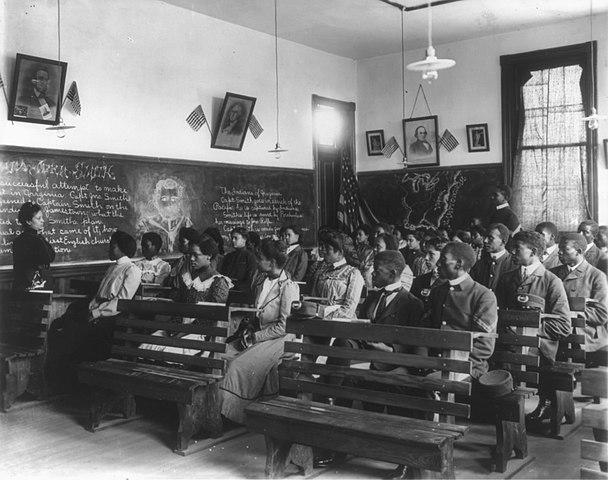If we slip back in time to the late 1860s, we find an America torn apart by war and suffering.
In the spring of 1865, the North had defeated the Southern Confederacy. Less than a week after Confederate forces surrendered at Appomattox, Abraham Lincoln, whose policies might have changed the course of American history following that defeat, lay dead, a victim of assassination. The Radical Republicans in Congress were now calling the shots and were intent on breaking what remained of the governments of the South, pushing for Republicans and blacks to take over state legislatures. Meanwhile, the war had torn apart the South’s infrastructure. The plantation system was erased, at least for the time being, and the railroads were wrecked. Many industries, such as they were, had either closed their doors or were in ruins.






